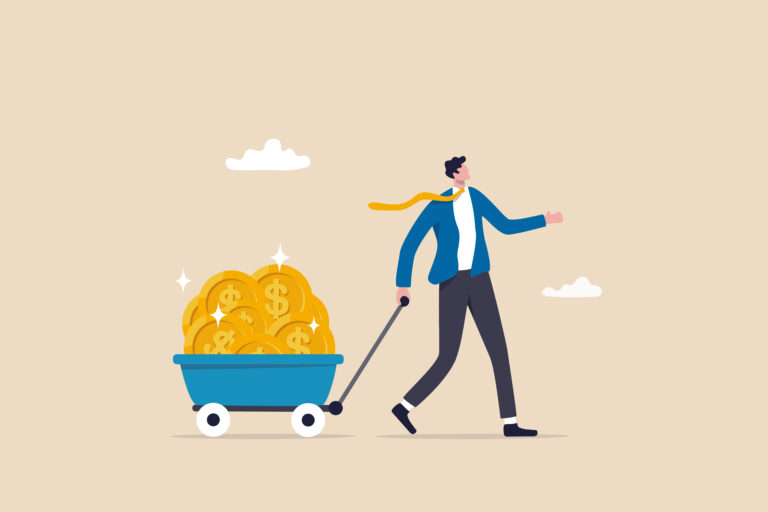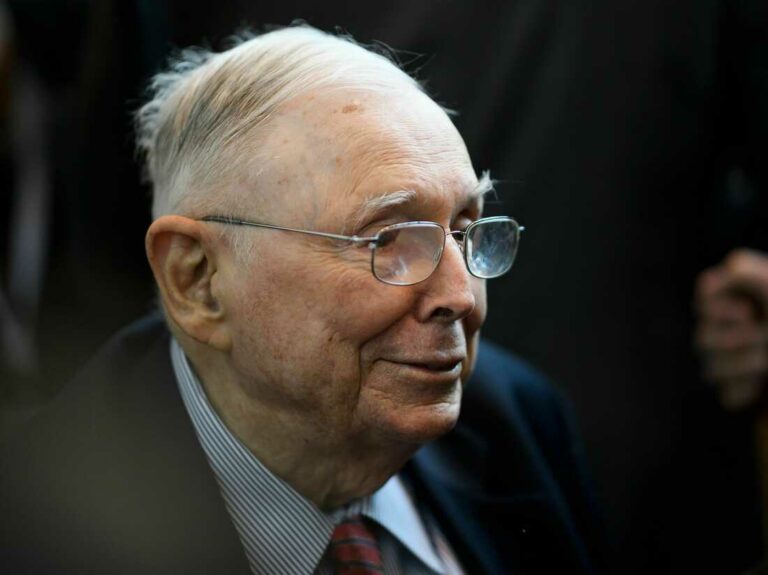“You look like you need this.”
I look up. A man with short white hair and a cowboy hat stands above me. His skin is tan, wrinkled, and rests on his face like a sheet that doesn’t fit. He motions a blue Gatorade in my direction.
“No thanks,” I say.
The Sam Elliot character looks me over. I imagine it’s a sad sight. My hair is drenched from sweat, I’m wearing spandex and there is also the small matter of me crouching on the curb. Both of us are there because of a professional bike race; he, to volunteer; me, to race. Or, more accurately, I was there to race. Now I am there to stew. Because the race is over. So too are my hopes for it.
The man looks at me with kind eyes. Suddenly, I am overcome with an urge to explain myself. I want to say: “Listen Mr. Nice Cowboy Gentleman-Sir… I’m tired. This was supposed to be a big race for me – one of my first pro races. I wanted to deliver a respectable result. I could have delivered one. Instead, I made a boneheaded error midway through. I blew my shot.
So, now I don’t know what to do. Am I supposed to be hard on myself? Am I supposed to walk it off? I don’t know. I am sad. For the sake of humanity, I am putting myself in time-out.”
Of course, I don’t say any of this. Because this man clearly doesn’t want a post-race existential thesis, he’s just asking if I’m hydrating. I smile instead. After a moment, he walks away. Leaving me to my confusion.
The Fallacy
There is a widely held belief in our society that suffering is necessary for greatness. This is especially true in the worlds of sport – where athletes regularly push themselves to the limits with injury, illness and depression- and that of art – where artists nurture strange notions, like, to make great art one must be mad, destitute or otherwise drunk and promiscuous.
For much of my life, I subscribed to this thinking. I believed that if I wanted to excel in something, I’d have to suffer for it. Only then would I prove I was worthy. Only then could I grow. I had images of mad geniuses in my mind.
But something began to shift in me that day on the curb. Whether it was the heat of the desert sun, or a straw that had finally broken in this camel’s back, I became slowly and then suddenly disenchanted with the whole suffering shtick. Like the drunken haze that evaporates in the sober light of morning, I could finally see suffering’s essential pointlessness.
As athletes and creatives, we’ve been tricked into thinking suffering serves some indispensable purpose. It must, right? Otherwise, why would it always be present? But the notion that suffering is necessary for growth is a fallacy. Suffering is the obnoxious guy that no one invited to the party. He shows up, gets drunk and leans in an inch too close when he talks. No one wants him there. No one even knows how he got in.
It’s time that we dump this notion. Our journeys – and practice – will be more rewarding and emotionally sustainable when we do.
Some definitions
There is a story in Buddhism that tells of a warrior, pierced on the battlefield by an arrow. Realizing he has been hit, the warrior removes a fresh arrow from his quiver, draws back his bow, and fires… into himself. As he lies dying, a passerby sees him, and asks: why fire the second arrow?
A big reason for the confusion we have with suffering is a lack of clarity in concept. We fail to properly define the experience. Specifically, we use the word “suffering” interchangeably with “pain,” and this mixes everything up.
So, a couple of definitions to start us off. Let’s begin with pain.
Pain is a signal of conditions in the body. It is a feeling that tells us when some underlying shift from homeostasis is taking place. Pain says: “hey, hey, hey… pay attention!” when we trip over the curb and break our big toe. Or, when we impair our relationship with our best friend. Or, when we are lonely and need to go make some new friends.
As an alert system, pain is like the gauge in the cockpit of an airplane: highly useful for the overall health and safety of the human vessel. We should be grateful to receive its alerts. We wouldn’t want to fly without it.
In comparison, suffering is mental anguish about conditions. It is a judgment of direct experience that has no point but more distress. For example, when we make a mistake at work, and then repeatedly tell ourselves “how pathetic we are”, we are suffering. When we worry endlessly about what someone else thinks of us (which is beyond our control) then we are suffering, too. As a general rule, every time we slip into feelings of shame and unworthiness, suffering is taking place.
In other words, pain is the first arrow. Suffering is the second. We may need to take that first arrow a few times. But the second one is always our choice – and always useless.
The mechanism of growth
In order to appreciate the pointless of suffering, it is helpful to look at the process of growth itself. What is growth? Growth is adaptation. It is acclimatization to a higher level of pressure or a different level of ability – an improvement beyond the current status. And the mechanism for adaptation? Stimulus. Stress.
The simplest example of how this works is physical training. Every time athletes train in the gym, they apply stimulus to their bodies. Athletes do this strategically to achieve adaptation. They push, then rest, then push and rest again, in what is known in physiology as the ‘Stress, Recover, Adapt’ cycle.
This is similar to how dancers, singers, writers, mathematicians, drivers, musicians, actors, speakers, and even accountants become skilled. To get better, they practice. Practice is the stimulus. The mechanism of adaptation.
Importantly, stimulus is often uncomfortable but not always. A pianist may rehearse a piece for hours in pure bliss. A runner might gallop through a happy 5km at endurance pace. Often enough, however, exposure to stimulus is uncomfortable, if not painful. This is quite natural and should be expected because we are operating outside our comfort zones.
This is ultimately one big reason many assume they must suffer. Because pain is both a frequent symptom of growth, as well as the alert system that a change may be required. It is essential. And, because people see pain and suffering as twin, they conclude suffering is required too. But as we’ve already seen, suffering is neither the mechanism nor a compulsory symptom. All it does is drain one’s focus and energy.
In fact, when we study those individuals who excel in the mental arena, we find that they religiously reduce suffering. Mental champions have a higher tolerance for pain and discomfort than the average person. They find more joy in their work. They experience less suffering per load of stress. This is because they fire fewer secondary arrows.
Permission to not suffer
Despite the many advances our society has made in our understanding of what promotes long-term learning and excellence, there remain authority figures among us who glamorize and normalize mental anguish as an approach to excellence. Many coaches, leaders, parents and teachers still directly and indirectly reinforce the notion that mentally punishing ourselves is a sensible approach to success. They instill perfectionism. I know, as I received these messages growing up. They then followed me into the corporate world. Hell, they kept at me until I was one day sitting on a curb in the desert.
But, here is my contention:
In the great long history of sport, no athlete ever became the best because they kept telling themselves “you miserable piece of s…”
And in the great long history of art, no artist ever produced magic because they were alcoholic, broke, or mentally unstable.
Whenever a performer produces brilliant work, it is in spite of serious mental hurdles. Not because of it.
Excellence is a byproduct of relentless commitment; of effort delivered over and over again. And as a performer, it is one of the most freeing realizations of your career to finally realize that your work doesn’t care whether you suffered for it or not. So long as you got the job done. So why not engage with more joy?
Don’t fire the second arrow on yourself when you don’t have to. This is your permission slip to leave suffering at the door.






